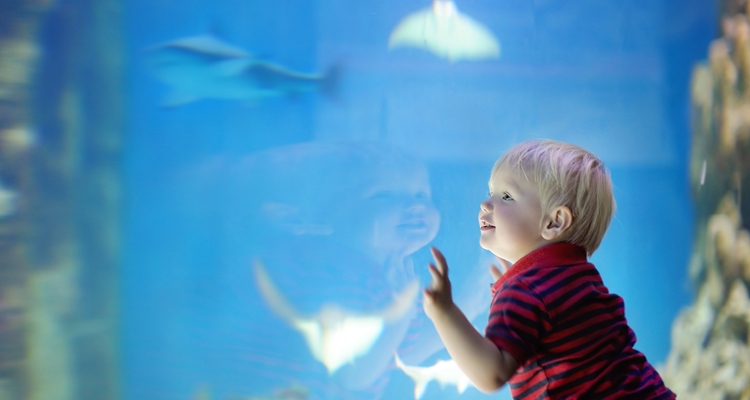Oceans are full of mystery and wonder, with exotic creatures and hidden treasures. With 95 percent of the oceans of the world left unexplored, there is a fountain of knowledge still waiting to be discovered. Whether you are an expert of the deep blue seas or simply enjoy beautiful sunsets at the beach, the oceans continually amaze with their beautiful contributions to our planet and their hidden secrets.
Oceans cover around 70 percent of the earth’s surface, with the Pacific Ocean being the largest.
The gravitational pull of the moon causes the oceans’ tides. Tidal energy can be used as a renewable source of energy.
Mysterious disappearances have occurred in the Bermuda Triangle, located between Florida, Bermuda, and Puerto Rico.
If you take into consideration legal jurisdiction over ocean waters, 50 percent of the United States is covered by oceans.
Fish populations have seen a 50 percent decline over the past several years. Three billion people rely on fish as a main source of protein.
The oldest message in a bottle ever recovered from the ocean was 108 years old and found on an island off the coast of Germany.
It is estimated that 20 million tons of gold can be found within the depths of the oceans of the world.
The marine plants found in the oceans of the world produce 70 percent of the oxygen we breathe.
Over 90 percent of the ocean is below the depth where light can penetrate, called the “midnight zone.”
The average surface temperature of the oceans has steadily increased in recent years.
While some of these facts are simply amazing, a couple are alarming when you think about the future of our oceans and aquatic life. Education is the first step in understanding our dependence on the oceans and the desperate need to preserve and care for them.
World Oceans Day is an excellent way to set aside some time to educate yourself and your family on the importance of being conscientious and deliberate in doing your part to care for our blue planet. From reducing your use of plastic to being mindful of making sustainable food choices, there are many simple ways you can make a difference in the future of our oceans.
We’d love to hear from you! What does your family do to help take care of our amazing oceans?





































